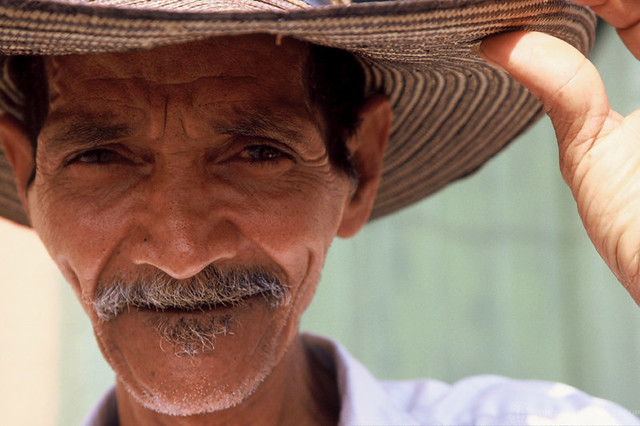Antigua and Barbuda, the Commonwealth of Dominica, Grenada, Saint Kitts and Nevis, Saint Lucia, and St. Vincent and the Grenadines are members of the World Bank Group.
These Organization of Eastern Caribbean States (OECS) countries are small states with a combined population of approximately 625,000. Their small size limits access to economies of scale, which shapes the economy's structure by limiting diversification and international trade, and increases exposure to volatility, natural hazards, and other shocks.
Economic Outlook
Countries like Dominica, Grenada, Saint Lucia, and St. Vincent and the Grenadines continue to show resilience in the face of economic shocks. The economies of these small island nations are primarily dependent on tourism, agriculture, and infrastructure development. While recovery is underway following the COVID-19 pandemic and recent natural disasters, vulnerabilities stemming from high public debt, external price shocks, and climate-related risks remain of concern.
Dominica's economy grew by 4.7% in 2023, driven by a recovery in tourism and significant infrastructure investments, particularly in climate-resilient projects. Continued investments in agriculture and infrastructure are expected to further support growth. The government’s public investment program, funded primarily by Citizenship by Investment revenues, includes major projects like an international airport and geothermal energy developments, which are expected to boost future growth. Looking ahead, growth is forecast at 4.6% for 2024, with inflation expected to fall to 3%. Despite these positive projections, Dominica remains vulnerable to risks like fluctuating global prices, geopolitical events, and climate-related disasters.
Grenada's economy is expected to continue growing despite the challenges posed by Hurricane Beryl in 2024, driven by strong performance in tourism and construction. Looking ahead, Grenada's economy is projected to grow by 3.2% in 2024, with a medium-term average of 4.4%, supported by agriculture recovery, tourism, and reconstruction efforts. Inflation is expected to stabilize around 2.0%, and poverty is projected to decline to 12% by 2026. However, the current account deficit will remain elevated, driven by high import prices and reconstruction efforts. Public debt is forecast to decrease gradually, with the fiscal balance returning to a deficit of 0.7% of GDP in 2024 due to higher post-hurricane expenditures.
External risks, including global economic slowdowns and commodity price fluctuations, could affect Grenada's recovery, while its vulnerability to natural disasters and volatility in Citizenship by Investment inflows remain key domestic risks.
Saint Lucia's real output growth was 2.2% in 2023, but it accelerated in the first half of 2024, with a 14.6% increase in tourist arrivals. Agriculture, however, has been negatively affected by adverse weather conditions. Saint Lucia’s unemployment rate improved, dropping from 16.3% in Q1 2023 to 11.6% in Q1 2024, contributing to a reduction in poverty. Inflation slowed to 4.1% in 2023, and it is expected to decline further to 1.5% in 2024, reflecting a global trend. Real output growth is projected to reach 3.4% in 2024, with major construction projects and tourism driving the economy. However, Saint Lucia faces risks from potential delays in fiscal reforms, global economic challenges, and climate-related disasters.
St. Vincent and the Grenadines’ economy is expected to grow by 5% in 2024, driven by strong performances in tourism, agriculture, and large-scale infrastructure projects. However, the country faces fiscal challenges, with the fiscal deficit increasing to 8.3% of GDP in 2023 from 7.0% in 2022. Public debt remains high at 88.5% of GDP, of which 61.7% is external debt. The impact of Hurricane Beryl in 2024 further intensified these fiscal pressures, as substantial borrowing was required for recovery efforts after the storm caused significant infrastructure damage. This added to the country’s debt burden and posed challenges for fiscal consolidation.
Inflation stood at 4.6% in 2023 and is projected to decline to 3.5% in 2024. Public investment has been substantial, reaching 9.5% of GDP in 2023, fueled by significant projects such as port modernization and hotel construction. Reconstruction due to Hurricane Beryl is expected to sustain public investment in the near term. While tourism and agriculture are the dominant sectors, efforts to diversify the economy are underway, focusing on high-end tourism, renewable energy, and information and communication technologies.


